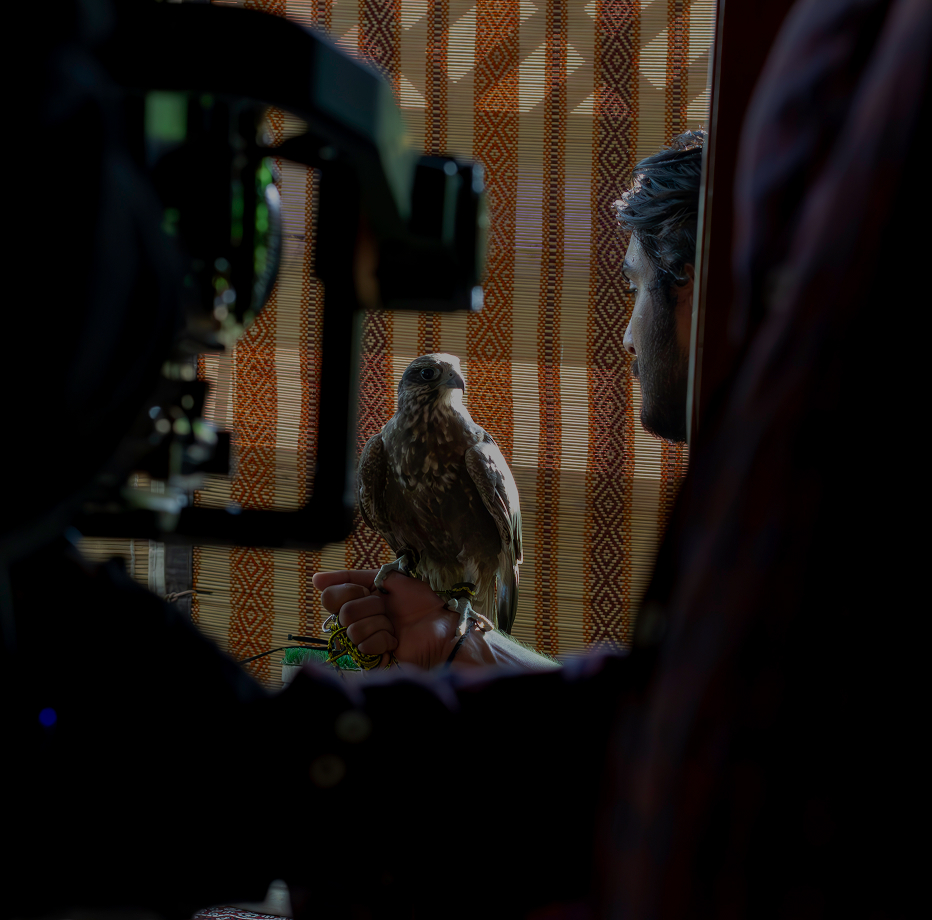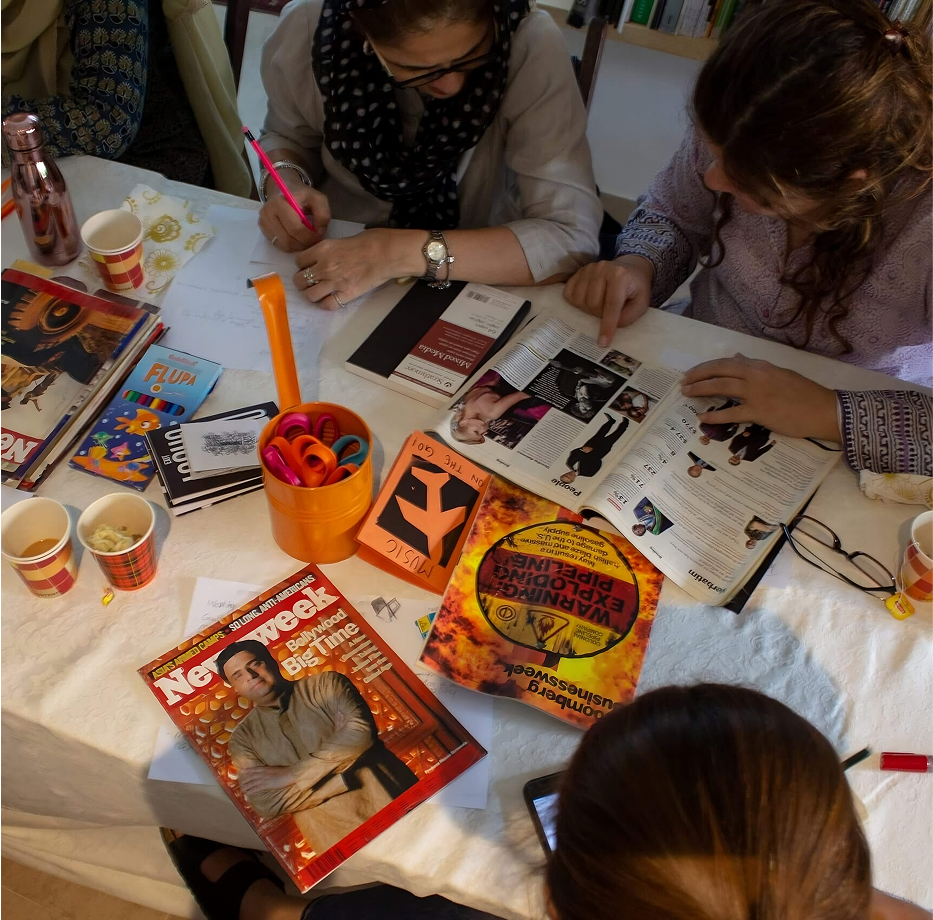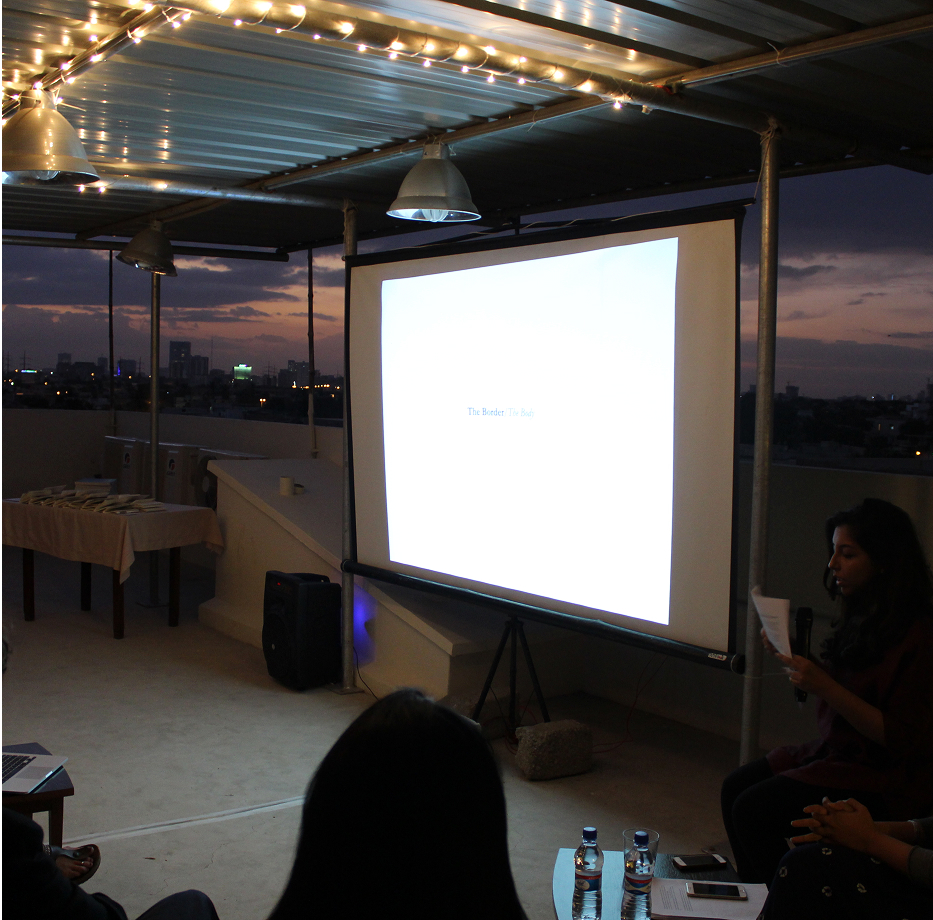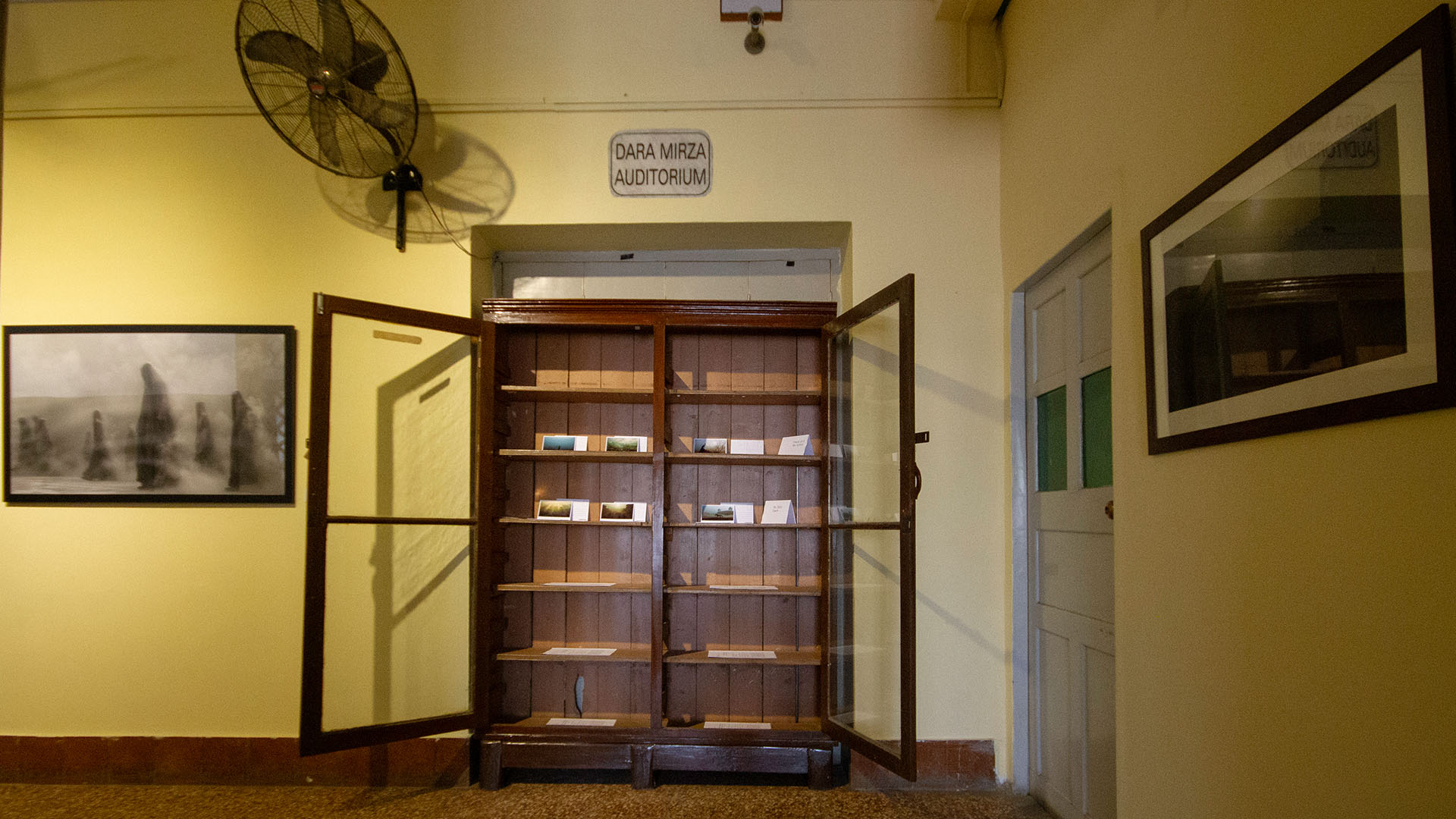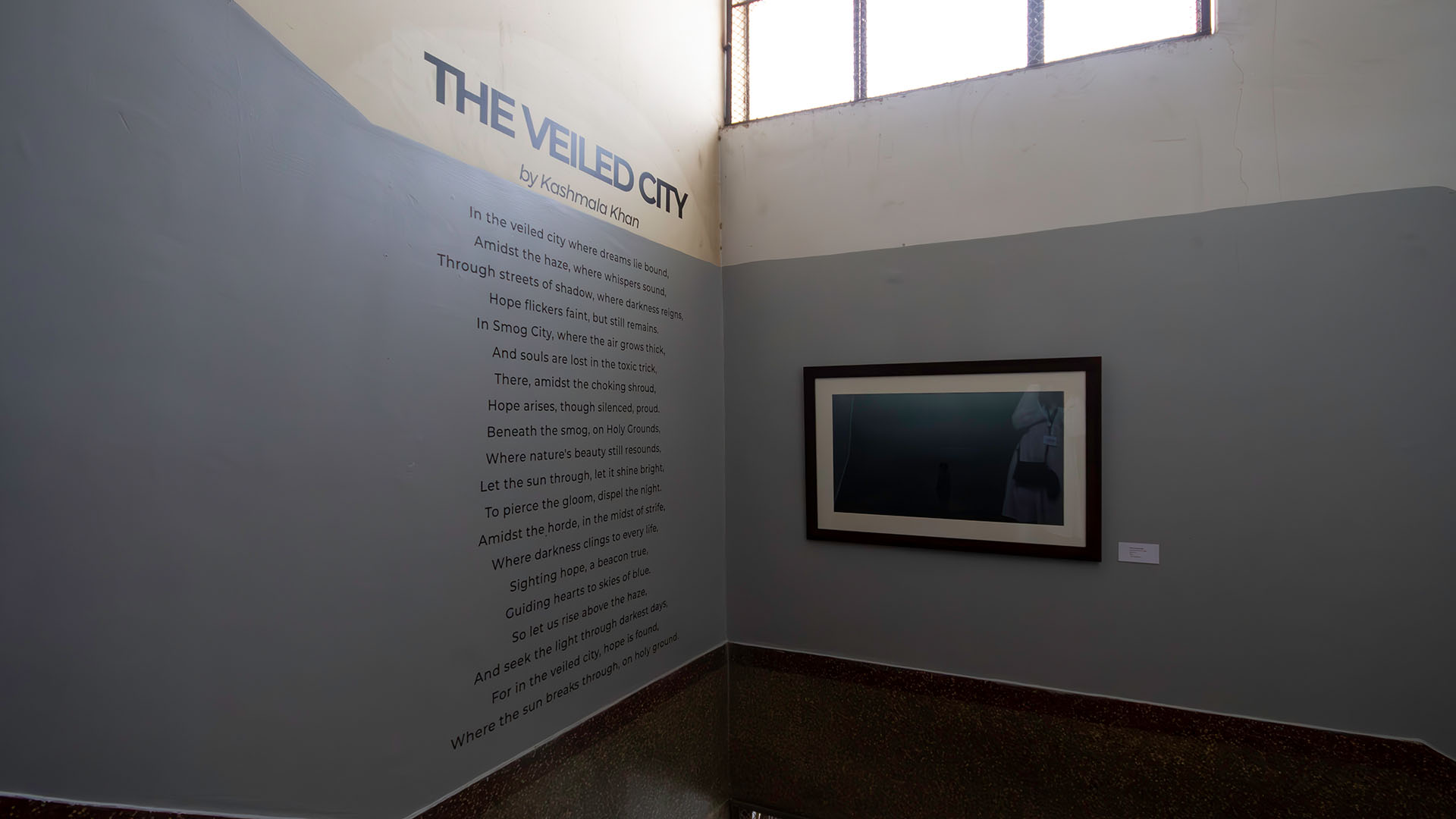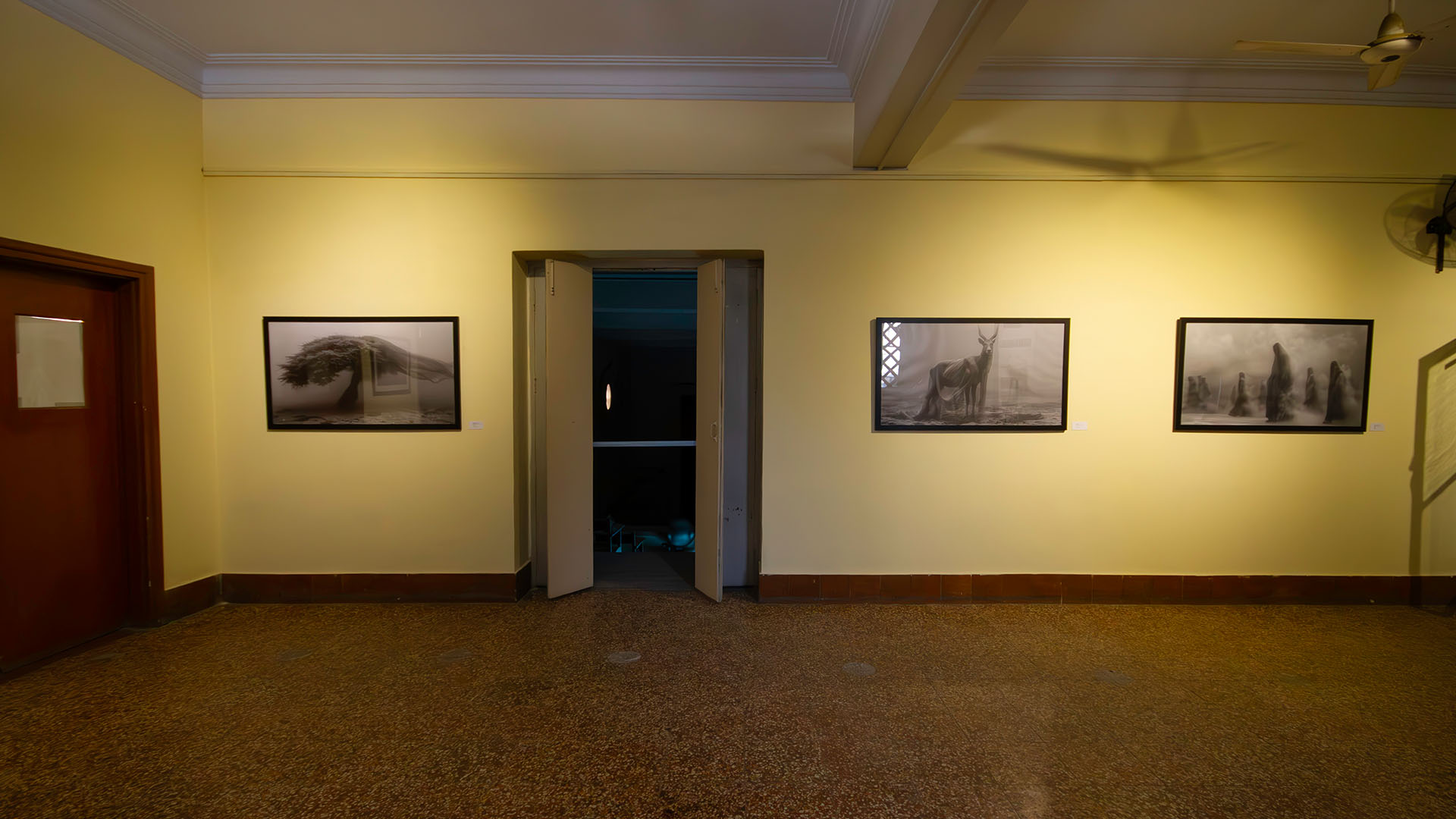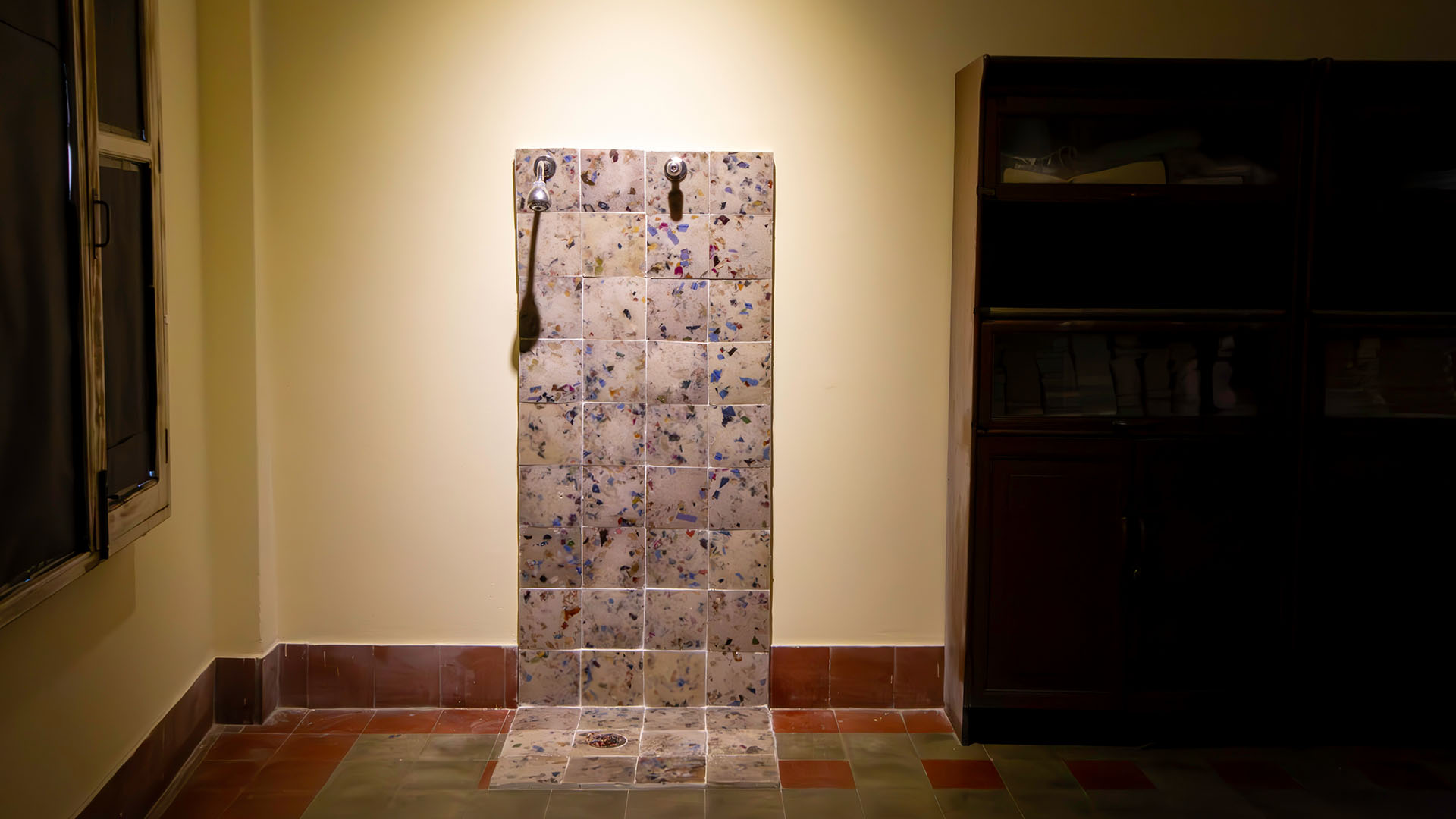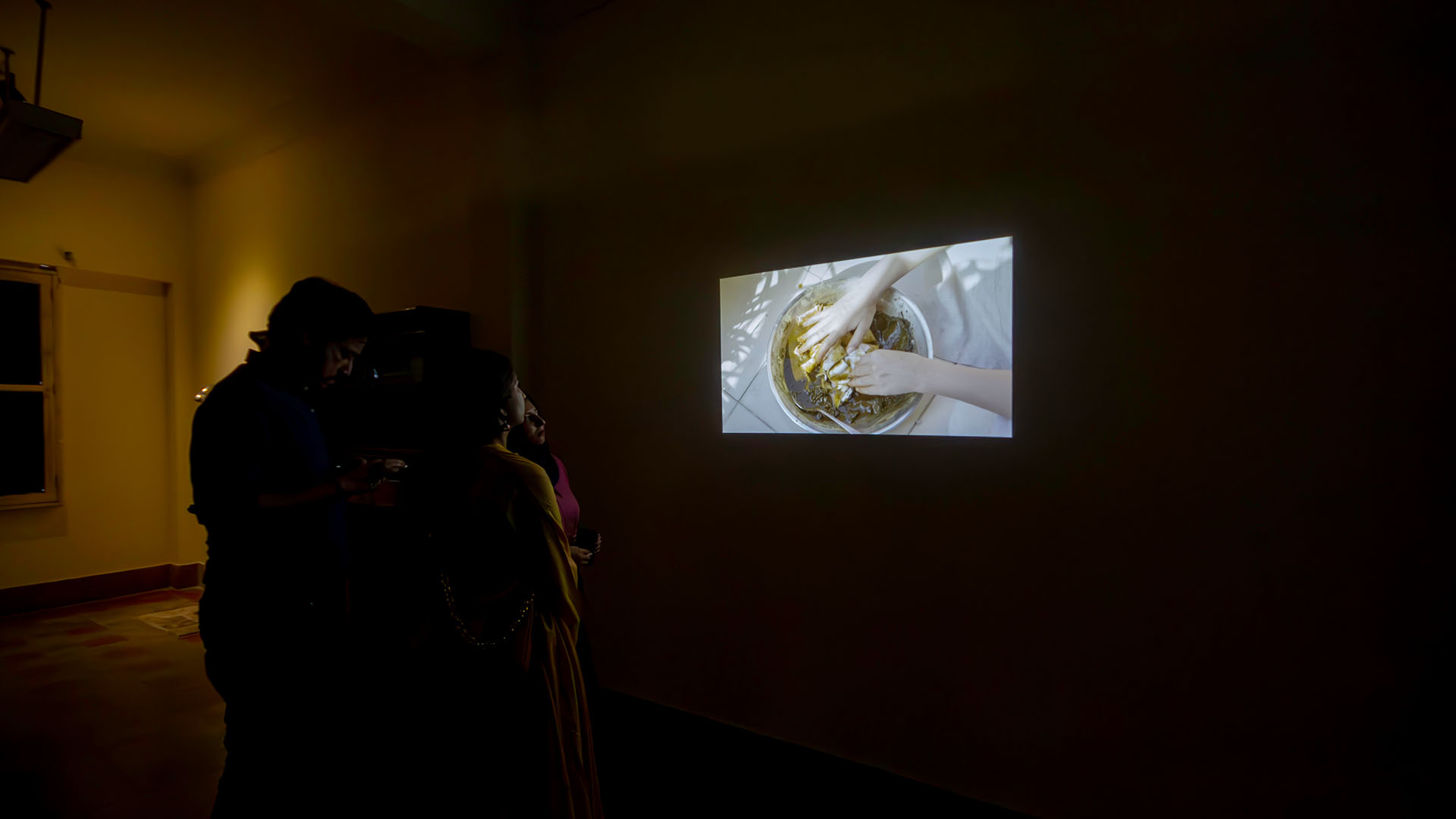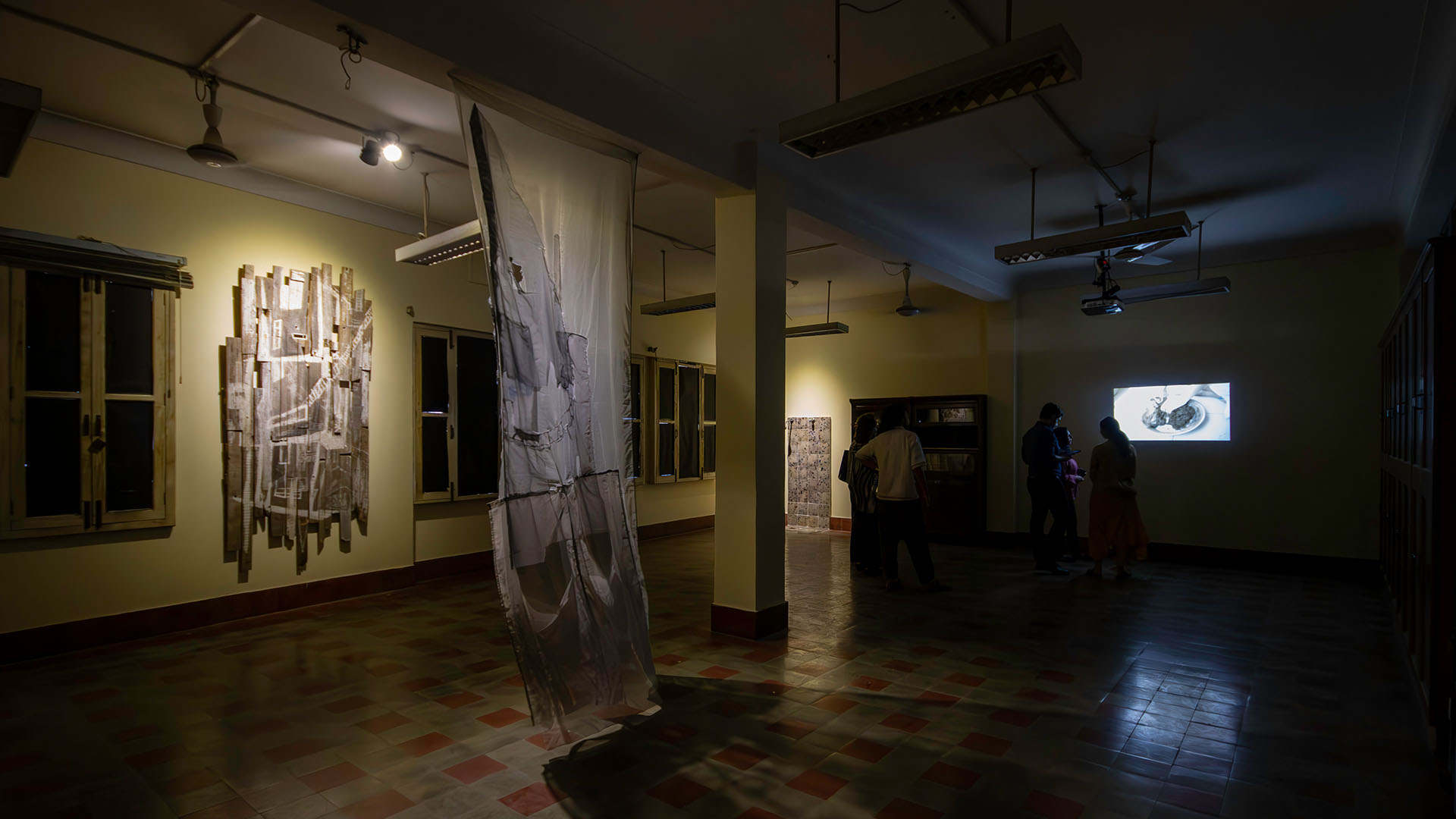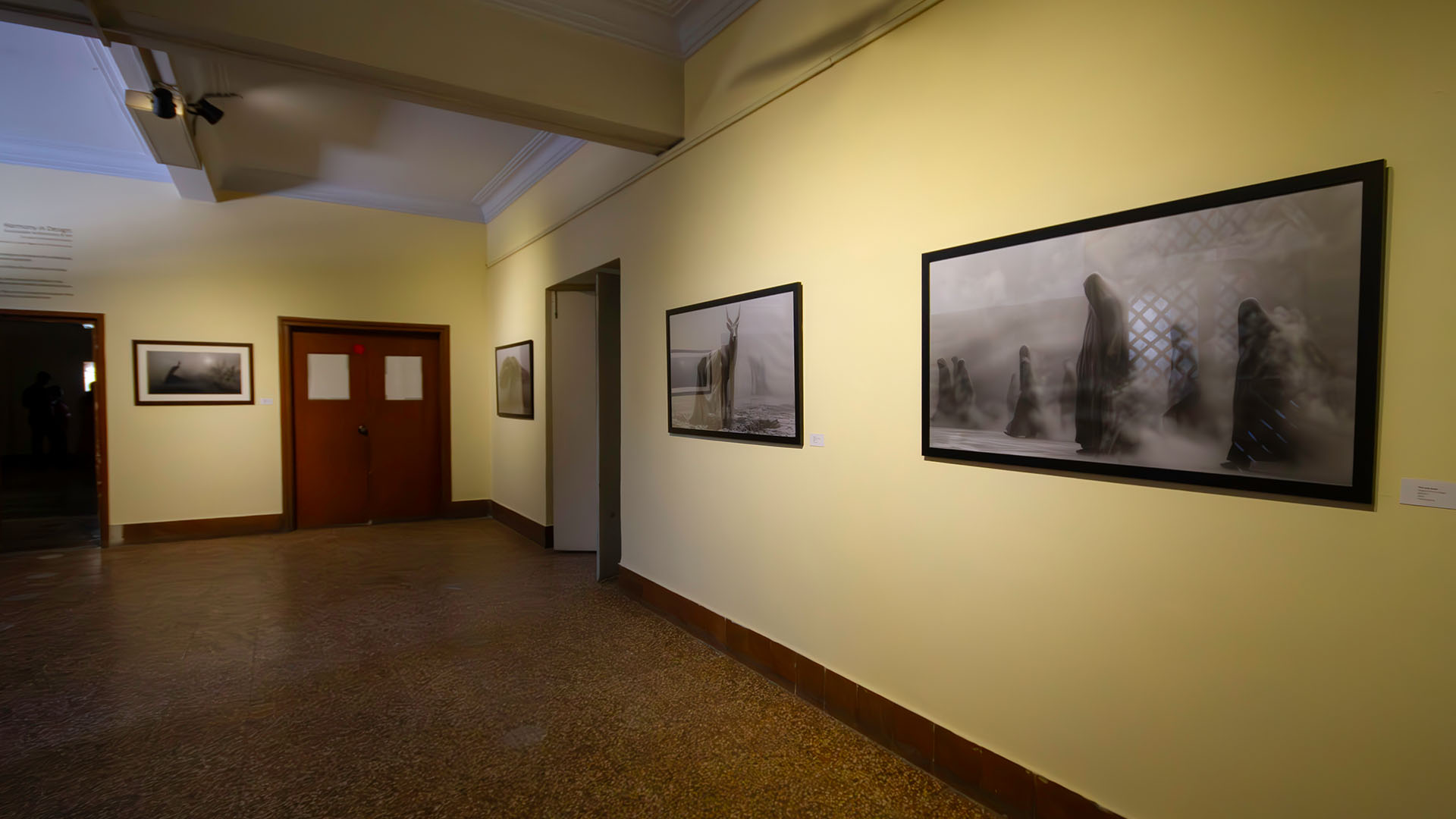Harmony in Design: Sustainable Architecture & Art
About
Curated by Rameesha Azeem
The exhibition aims to explore similarities/convergence between architecture, art, and sustainability by incorporating an innovative approach. This approach leverages environmental design, construction practices, and artistic expression. This curated collection of artworks and designs invites viewers to reflect on the established environments on the planet to drive a more creative sustainable future. As observers navigate through this exhibition, they are encouraged to evaluate their roles in society/daily lives to promote a better sustainable future.
Rameesha Azeem
Rameesha Azeem (b.1996) is a Visual Artist and a Curator living and working in Lahore, Pakistan. She is awarded the Gasworks Residency (2022), London. She is the founder and curator of “The Factory Project”. “The Factory Project 01” emphasises parallel spaces, industrial sites, and new audiences along with publication and Documentary Film in collaboration with Vasl. She was one of the panelists in the Lahore Literary Festival 2022 titled “The Factory as Muse” and at “Facts, Fiction and The Factory – a Reflection”. She has worked with Mission Gallery, Wales for the program Pakistan-UK Go Digital, British Council. She had her solo show “My World Afloat” at Haam Gallery and was part of the Group exhibition “Satellite” at Dastangoi Gallery. She has curated a group show “A Site for Sight” collateral to Lahore Biennale 2020 with a publication, she was a part of group shows “Of the Moments”, Contemporary 12.0, Islamabad (2020), and “Musalsal”, Lahore (2019). Awarded the Dean’s honour list, a distinction, and a Gold Medal, and got her undergraduate degree from Beaconhouse National University in Lahore in Visual Arts. Her curatorial projects have been published and written about by various critics nationally.
Participating Artists
Kashmala Khan
Kashmala Khan is an interdisciplinary creative practitioner, educator, and design consultant. Her interests vary across the field of Visual Communications, specializing in different mediums, including multimedia design, print media, digital design, and contemporary fine art. She has lent her expertise to a range of reputable local and international clients/organizations, including BNU and UNESCO. She also drove the visual communications and designed literary publications for art exhibitions such as; A Site for Sight – an LBF Collateral Art Exhibition and The Factory Project 01.
Being on the dean’s honor list, she graduated with distinction and a gold medal from Beaconhouse National University, Lahore.
She drives inspiration from narratives within society and explores themes that lie between reality and fiction, all while taking a multidimensional approach deeply rooted in storytelling and conceptual design thinking. Beyond her professional endeavors, Khan continues to hone her talents and is a relentless advocate for pushing the boundaries of creativity and driving change within society.
Lujane Pagganwala
Lujane Vaqar Pagganwala is a multidisciplinary artist, currently undergoing her MA in Contemporary Art Practice at the Royal College of Art. Pagganwala’s practice is an investigation on the phenomenology of space, as an idea and as a physical entity. She takes inspiration from childhood spaces as well as her city; Karachi’s architectural infrastructure, to create an amalgamation of hybrid realities. These spaces are playful, interactive, and confrontational. Pagganwala explores concepts of Liminality, Latency, Hauntology, and (Non)structuralism, to imbue the ‘fourth space’ through her ongoing research and practice.
Mahrang Anwer
Mahrang Anwer is a Lahore-based artist and designer whose practice explores the intersection of art and design. Utilizing unconventional materials and functionalities, Anwer seeks to bridge the gap between these disciplines. Following graduation from the Pakistan Institute of Fashion and Design and a summer program at Ecole d’la Chambre Syndicale de la Couture Parisienne, Anwer established a design label focused on promoting sustainable practices and local craftsmanship. The label champions the rich history of South Asian textiles and garment-making while advocating for a circular economy within the fashion industry. Anwer’s artistic practice extends beyond fashion design. Participation in the Lahore Biennale exemplifies this, where a textile installation crafted from Afghan soil addressed the critical issue of refugee displacement. Both design and artistic endeavors showcase Anwer’s dedication to the enduring legacy of sustainable practices inherent in South Asian culture. Through the preservation and elevation of these traditions, Anwer strives for a more mindful future. Currently, collaboration with Indian artists and creatives fosters a community built upon shared cultural heritage. This ongoing exploration pushes the boundaries of sustainability through the development of innovative fabrics from lotus plants and discarded fruit peels. It underscores Anwer’s commitment to using creative expression as a tool for advocating for a more sustainable future.
